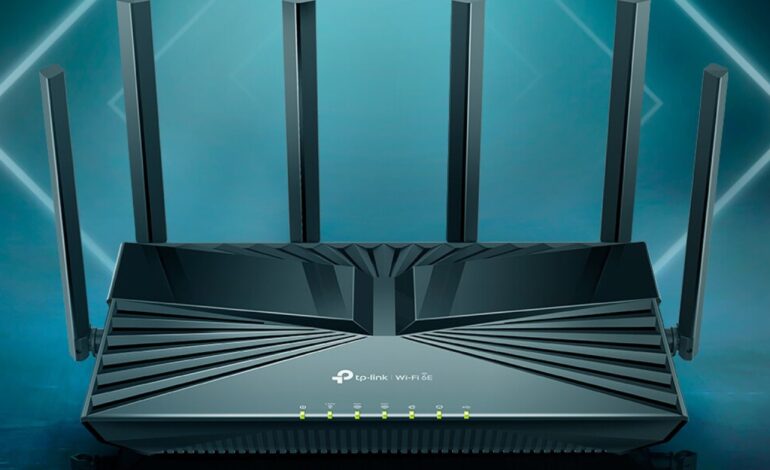U.S. Agencies Propose Ban on TP-Link Routers Amid Security Risks

URGENT UPDATE: More than six U.S. federal agencies, including the Department of Commerce, Department of Defense, and Department of Homeland Security, have just announced a plan to potentially ban future sales of TP-Link networking equipment in the United States due to serious national security concerns. This alarming development raises immediate questions about the availability and support for one of America’s most popular router brands.
The inter-agency risk assessment, as reported by The Washington Post, highlights fears that TP-Link’s U.S. operations could still be influenced by the Chinese government due to its links with TP-Link Technologies in China. With an estimated market share of 50-65% in the U.S. home router market, the implications of this potential ban are significant for consumers and retailers alike.
Currently, the government has not formally enacted the ban. Should it proceed, TP-Link would receive a 30-day notice to respond to the allegations. In an official statement, TP-Link has refuted these claims as “baseless,” asserting its U.S. entity operates independently without government access to its systems.
This proposed ban reflects a broader shift in U.S. policy. The government is increasingly scrutinizing companies with ties to China, echoing past actions against firms like Huawei and ZTE. The TP-Link case illustrates that networking devices, once considered secondary, are now viewed as critical to national security. A sales ban could not only jeopardize TP-Link’s position as the leading router brand in the U.S. but also serve as a warning to other consumer electronics firms.
Why does this matter to you? If you currently own or plan to buy a TP-Link router, a formal sales ban could lead to immediate disruptions in product availability, software support, and warranty services. Given TP-Link’s status as one of the most affordable router options in the U.S., a halt in sales could trigger price spikes for alternatives and push consumers to consider unfamiliar brands. Even if your existing router remains functional, uncertainty about long-term support and security updates creates a pressing concern.
So, what’s next? The Department of Commerce will evaluate whether to implement a full sales ban or explore alternative measures such as third-party security audits or domestic manufacturing requirements. The department is expected to formally notify TP-Link of any proposed action, initiating a 30-day review period for the company to respond. Following this, Commerce will have an additional 30 days to consider TP-Link’s arguments before issuing a final decision.
According to unnamed sources within the Washington Post, officials have indicated that only a complete ban would suffice to address the national security risks tied to TP-Link’s operations in China. While the situation unfolds, users are advised to take precautionary measures to safeguard their networks. Essential steps include keeping router firmware updated, changing default passwords, and disabling unused remote management features. These actions can help mitigate risks across all brands as this critical issue develops.
Stay tuned for more updates on this evolving situation, as the implications for consumers, retailers, and the tech industry are profound. Share this article to inform others about the potential changes in the router market!






